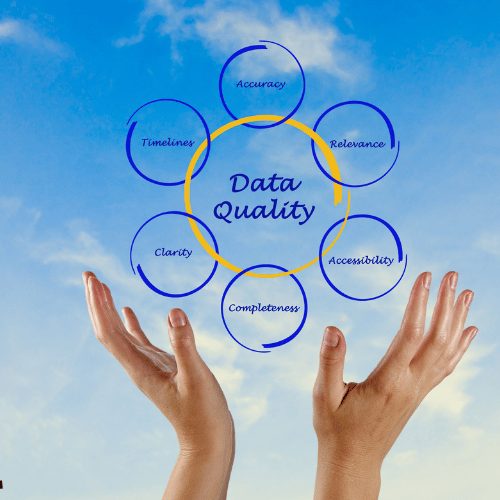Out of the 314 Registered ISACA CMMI Partners, Only 14 Hold Elite Status, and CUNIX is Proud to be One of Them
- Home
- About Us
- Services
- Publication
- Training
- Careers
- Contact Us

Defines, implements, and oversees strategies and activities for effective data management, optimizing operational efficiency by focusing on essential data processes that align with performance requirements. Robust data management necessitates active stakeholder involvement at any stage of data management maturity. This engagement is crucial to foster long-term commitment, ensure organizational alignment, and deliver measurable value to the business in line with shared, approved goals and priorities. Effective data management not only requires a deep understanding of metadata attributes and the purpose of each data item but also emphasizes the importance of managing data context alongside data values.
The data management function highlights the critical need to comprehensively scope, plan, and allocate resources for data management as a sustained, long-term effort. It calls for leadership to actively demonstrate the value of data management, encourages collaboration across multiple stakeholders, and ensures that data management roles and responsibilities are clearly defined and well understood.

Establishes, adheres to, and continually updates a structured approach for implementing data quality standards, ensuring data remains valuable and accurate to support efficient business operations and reliable decision-making.
An organization employs a data quality approach to achieve a comprehensive understanding of the characteristics and integrity of its managed data, enabling the identification, prevention, and resolution of data defects, and ensuring alignment with business requirements and strategic objectives. This approach lays the groundwork for cleansing data inconsistencies, guaranteeing data suitability for effective operations, informed decision-making, and strategic planning. A strong data quality program encompasses data profiling and quality assessment practices to measure data against predefined quality standards, along with establishing repeatable data cleansing processes that reduce resource demands, cut costs, and maintain data assets that are reliably “fit for purpose.”